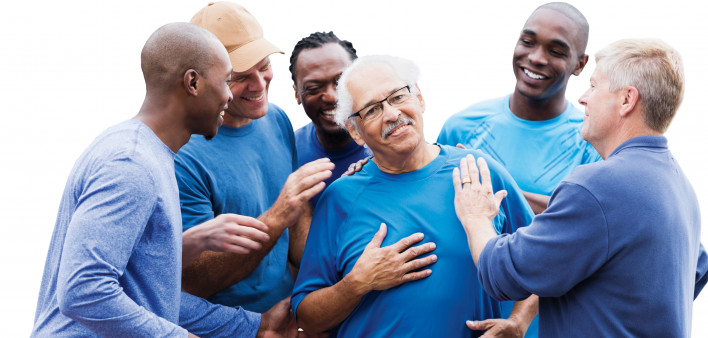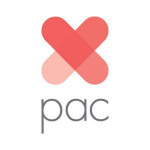“For those people living with HIV, Undetectable Equals Untransmittable (U=U) is really impactful,” says Murray Penner, the executive director of U=U Plus, a nonprofit that educates the public about U=U. “U=U changes people’s lives, erasing stigma and fear and allowing them to have pleasurable sex without fear of transmitting HIV to their sexual partners.”
A 2019 study from the National Institutes of Health (NIH) found that men who have sex with men increasingly accept the science of U=U. The study reached out to nearly 112,000 men who have sex with men and found that 54% of HIV-negative participants and 84% of participants with HIV correctly identified U=U as accurate.
As quoted in the study, Anthony Fauci, MD, then the director of the National Institute of Allergy and Infectious Disease, said, “U=U has been validated repeatedly by numerous studies as a safe and effective means of preventing the sexual transmission of HIV. The increased understanding and acceptance of U=U is encouraging because HIV treatment as prevention is a foundation of efforts to end the epidemic in the United States and around the world.”
The message of U=U has given people living with HIV more freedom and released them from some of the shame that can accompany an HIV-positive diagnosis. According to AIDSmap, another study, by Jonathon Rendina, PhD, MPH, of the City University of New York in 2018 and 2019, reached out via online dating sites to 30,601 men who have sex with men and found that almost 82% of participants feel better about their HIV-positive status because of U=U.
Still, U=U struggles to find mainstream acceptance. Penner said more people across more groups and demographics are aware of and understand U=U, yet not enough studies are conducted to determine which populations are being impacted by the message. “Those who are not engaged in the health care system are often unaware of U=U,” he says, “and therefore do not benefit from it.”
Penner continues, “Only about two thirds of people living with HIV in the United States are virally suppressed and it is the systemic issues and social determinants of health, including but not limited to stigma, racism, homophobia, transphobia and medical mistrust, as well as barriers to housing, transportation, food security and achieving economic security, that impact people’s ability to benefit from U=U.”







1 Comment
1 Comment